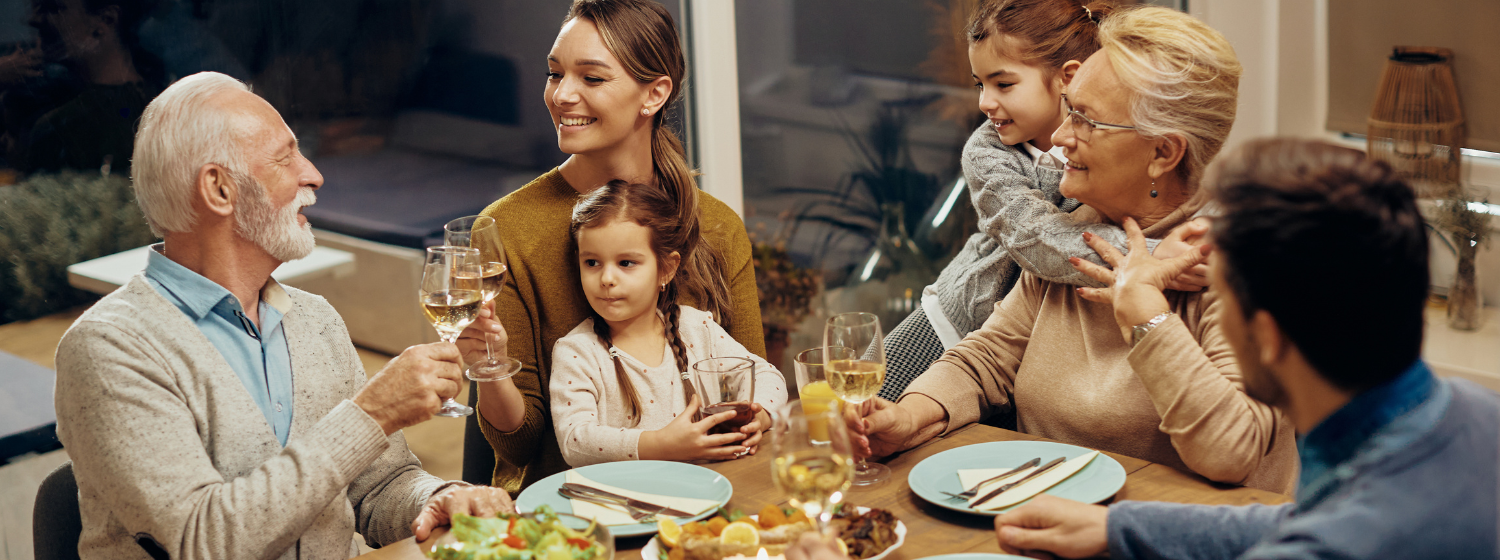Want to live longer? Get social.
Relationships with friends, family and coworkers are a source of happiness, joy (and yes, sometimes stress and frustrations). But, when it comes to your health, the good far outweighs the bad.
Research has found, time and time again, that social connections (or lack thereof) have a serious impact on your health:
Loneliness increases the risk of premature death by 50% – an increase comparable to smoking 15 cigarettes a day.
Individuals with chronic health problems, but who have strong social connections, are likely to live longer than individuals without chronic health problems but who are lonely.
Women with strong social health are more likely to survive colorectal cancer.
When you feel lonely, your body becomes more stressed. That stress triggers inflammation and starts a chain reaction impacting your heart and gut health, insulin production, immune system and more.
Healthy relationships matter
Surrounding yourself with people won’t keep you from feeling lonely. What matters most is finding the people (or person) who enable you to be and feel like yourself; people who see and hear you and are truly interested in the ideas, insight and things you bring to the friendship.
It’s the quality of relationships, not the quantity.
Science backs up these findings, as well:
Midlife women in highly satisfying marriages or marital-type relationships have a lower risk of cardiovascular disease
Disappointing or negative interactions are linked to poorer health
Couples in hostile marital spats have reduced immunity
Making meaningful connections
So, if you’re lonely, what can you do to help foster social connections? Breaking out of a cycle of loneliness can be particularly difficult if you already feel isolated.
People who are lonely are more likely to perceive threatening or negative thoughts, feelings and associations when interacting with others. Trying to establish those connections can become stressful, which is why many who feel isolated wind up staying that way.
Fortunately, there are steps you can take if you’re battling loneliness, especially in these stressful times. John Cacioppo, a psychologist at the University of Chicago suggests four steps to help you EASE into connections with others.
1. Extend yourself
The only way to make connections is to put yourself out there. But, there’s no need to rush into it or get into situations that make you overly stressed or emotional. Instead, find a volunteer group, a small setting or familiar environment where you feel more safe reaching out to others. There are many online groups and classes being offered right now.
Volunteering is a great way to establish connections, because you’re interacting with people and also receiving positive feedback and gratitude from others – something that also helps combat loneliness.
2. Have an action plan
Instead of jumping into a new situation or goal, make a plan that’s realistic. Write down what you want to do and when you want to do it. For example, maybe one day you’ll research volunteer groups in your area. The next day, you can call and find out ways to help.
3. Seek collectives
Don’t try anything and everything just to get out the door and meet other people. Instead, focus on things that matter to you. Find groups, places and people that have similar interests, activities, background or values. If you like to work-out, try an online yoga class. Book lovers can join a virtual book club put on by a local bookstore. Love cooking? Sign up for a cooking class.
4. Expect the best
Be positive before, during and after your interactions. Positivity can help balance the tendency to assume the worst during conversations. The key is to know that things don’t have to be perfect for them to go well.
Not feeling lonely? Reach out to others.
Strengthening relationships, meeting new people and forging connections is good for everyone. The health benefits of connecting with others are just as strong for those that invite new faces into their already established friendships as it is for those that are seeking new connections.
So, the next time you’re planning a virtual hang out, invite someone new. If you’re feeling lonely, anxious or depressed, it’s important to talk to your primary care provider. Together, we’ll discuss your symptoms and medical history to come up with a plan that’s right for you.




